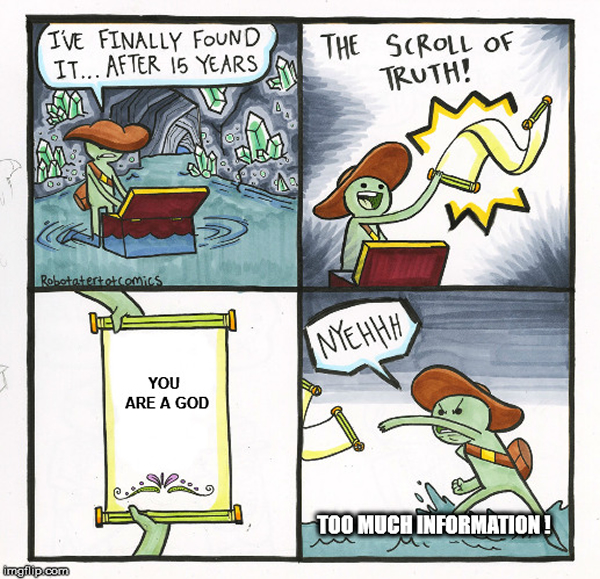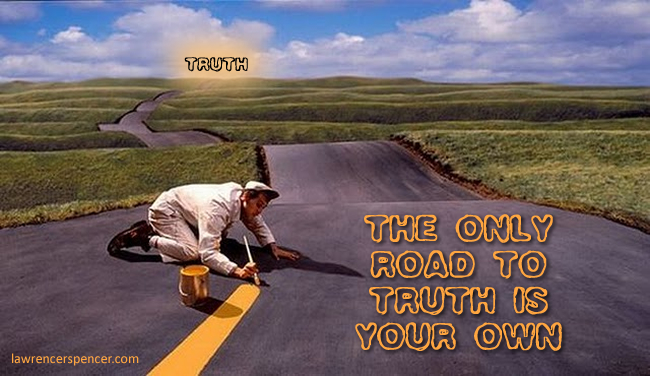Republished by Blog Post Promoter
“I maintain that Truth is a pathless land, and you cannot approach it by any path whatsoever, by any religion, by any sect.”
— Jiddu Krishnamurti —
_____________________________________
Jiddu Krishnamurti (May 12, 1895 – February 17, 1986) was an Indian speaker and writer on philosophical and spiritual subjects, and was widely considered as a World Teacher. His subject matter included: psychological revolution, the nature of mind, meditation, inquiry, human relationships, and bringing about radical change in society. He constantly stressed the need for a revolution in the psyche of every human being and emphasized that such revolution cannot be brought about by any external entity, be it religious, political, or social.





